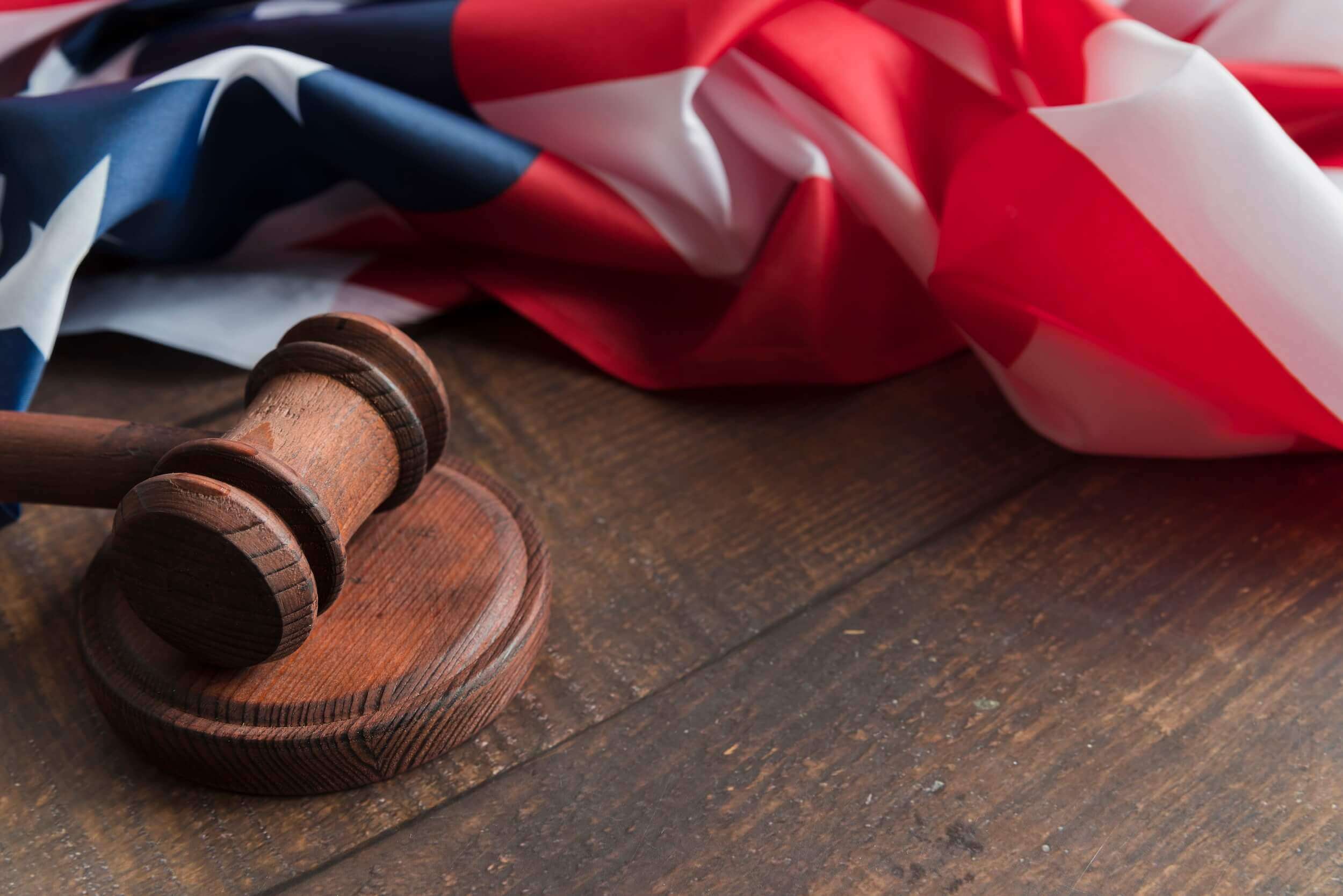According to Reuters, after the pandemic in 2021, the number of applicants to law schools in the US surged by nearly 13 per cent, marking the most significant year-over-year percentage increase since 2002. As of 2025, the demand for lawyers has remained steady as the US legal system presents diverse specialisations and practice areas. But beyond the intellectual rewards, the legal profession offers substantial financial compensation, with the median salary for lawyers being $151,160 per year, according to the Bureau of Labor Statistics. This blog provides a comprehensive overview for Indian students considering law studies in the US.
Understanding the US legal education system
Unlike the UK and India, the US doesn’t offer an undergraduate law programme. Those planning to complete their undergraduate degree in the US must take pre-law courses as part of their programme. After securing a bachelor’s degree, students must pursue a Juris Doctor (JD) from an approved law school. The JD is a three-year professional degree at the graduate level. It is for those who wish to practice law as a paralegal, legal secretary, arbitrator, compliance officer, court reporter, legal editor or legal consultant.
The JD program also enables students to sit for the Bar Examination, a prerequisite for those aspiring to practice law professionally. Typically spanning two days, the exam comprises the Multistate Bar Examination (MBE), administered in one day to assess constitutional law, contracts, criminal law, evidence, real property, and torts. The second day involves essay writing on diverse legal topics. Certain jurisdictions may also administer the Multistate Essay Examination (MEE) and the Multistate Performance Test (MPT). Moreover, most states require the Multistate Professional Responsibility Examination (MPRE) to assess candidates’ understanding of professional ethics. Alternatively, prospective lawyers can opt for the Uniform Bar Examination (UBE), a nationally coordinated assessment encompassing the MBE, MEE, and MPT. Passing the UBE in one state often facilitates score transfer to other UBE-accepting states.
Indian lawyers with LLB degrees must also complete the JD to explore law professions in the US. If they become practising lawyers, they must sit for the Bar Examination. According to Andrew Guzman, Dean of the Gould School of Law, Indian students with an LLM (Master of Law) can directly take the Bar Exam in California and New York.
Benefits of pursuing law in the US
The US legal system is complex and influential globally. As an Indian student, you’ll gain insight into the American legal system, which is based on common law principles, similar to Indian law but with unique characteristics.
The US allows aspiring lawyers to grow in up-and-coming international law, patent and copyright law, and tech law.
The median annual wage for lawyers was $151,160 in May 2024, with the amount rising based on the specialisation of a lawyer’s practice, such as family, criminal or corporate law. The employment of lawyers is projected to grow by 5 percent from 2023 to 2033, faster than the average for all occupations.
Indian students pursuing a JD in the US can typically apply for an OPT and continue to find employment in the US. Alternatively, they can return to India and continue working as attorneys after passing the relevant examinations. Students must determine if their law school is recognised by the Bar Council of India. Seven US universities award JDs that are recognised by the Bar Council of India. These include Cornell Law School, Georgetown University, South Western University, the University of Michigan, the University of Texas, the Marshall School of Law at William and Mary, and Syracuse University.
Application requirements to study law in the US
1) US equivalent bachelor’s degree
One of the first major requirements that Indian students must fulfil is completing their bachelor’s degree programme. Harvard Law School states that your undergraduate degree should be equivalent to a US bachelor’s degree to be eligible to apply. Students who have a three-year bachelor’s degree may require an additional year of studies before applying.
2) A good GPA score
Maintaining a competitive GPA is a crucial factor in the application process. For example, in the 2023-24 application cycle at Yale University, the average GPA of accepted students was 3.96. As a general guideline, most admitted applicants demonstrate potential for success in law school through an exceptional undergraduate academic record, standardised test scores (GRE or GMAT) in the top percentiles, and substantial accomplishments in work or extracurricular activities; however, this does not guarantee admission.
3) Entrance exam
Most US law schools require the Law School Admissions Test (LSAT) as part of the admission process. However, a small but growing number, such as Boston University, Columbia Law School and Yale Law School, also accept the GRE. Your LSAT score is a critical component of law school applications. It is a multiple-choice paper-and-pencil test administered by the Law School Admission Council (LSAC). Law schools consider your LSAT score along with the other components of your application. At most competitive law schools such as Harvard, Yale or Princeton, your LSAT score is weighed just as heavily (or even more heavily than) your undergraduate GPA. Overall, the higher you score on the LSAT, the more options for attending law school will be available to you.
4) Credential Assembly Service Application (Transcripts)
Prospective law school applicants must enlist with the Credential Assembly Service (CAS), which the Law School Admission Council administers. The CAS consolidates transcripts, test scores, and evaluations into a comprehensive report dispatched to law schools upon submission of your application. Furthermore, the CAS standardises grades to a universal scale, enabling law schools to assess applicants uniformly. While the CAS suggests registration six weeks before applying to law schools, commencing the process earlier is advisable. The CAS dossier typically encompasses the student’s current CAS account, LSAT score and writing sample, transcripts, letters of recommendation, and payment for all reports. For many international applicants, the CAS process entails an additional step: evaluating documents through the Credential Assembly Service Authentication and Evaluation for Internationally Educated Applicants.
5) Letters of Recommendation (LOR)
The most impactful letters of recommendation are authored by professors or supervisors who deeply understand the applicant, enabling them to articulate their academic, professional, and personal achievements candidly, objectively, and comprehensively. Letters that provide comparative insights, juxtaposing the applicant with their academic peers, are highly valued. Tailoring recommendation letters to specific programmes, such as environmental or criminal law, further enhances their relevance and efficacy. For instance, if the applicant interned at an environmental organisation, requesting a professor or supervisor to craft a letter specifically addressing that experience and categorising it as “Environmental Law Programmes” can be beneficial, mainly when targeting law schools with specialised offerings. It’s crucial to note that law schools receive both the Letter of Recommendation (LOR) Form and the accompanying letter, underscoring the importance of crafting descriptions thoughtfully. Additional guidance on descriptions is available on the LSAC website.
6) Personal Statement
Crafting the content of a law school personal statement can pose the most significant challenge for some applicants. A compelling personal statement not only encapsulates the essence of who the applicant is but also humanises them in the eyes of an admissions committee amidst a pool of highly qualified and competitive candidates. A robust personal statement should articulate the applicant’s vision for their future, elucidating both short-term and long-term goals and illustrating how a JD degree aligns with their aspirations. It is essential for applicants to discuss their motivations for selecting a specific law school and to delineate how the institution can contribute to their professional journey. Admissions committees, particularly at more competitive law schools, seek evidence of a candidate’s depth of understanding, drive, and ambition within the personal statement. However, applicants should steer clear of melodrama to maintain authenticity and credibility.
7) Timelines
Law school applications typically open around September, but it’s prudent to submit them well before official deadlines, preferably by late November or early December. Keeping track of deadlines for preferred schools is also crucial. Ideally, applicants should start planning their applications early in the year. For students anticipating a busy summer, LSAT preparation should begin by early spring, considering many applicants take the exam multiple times. For instance, a common strategy is to aim to sit for the LSAT during the summer, with autumn dates as backups. Early registration for preferred test dates is advisable, as popular testing centres tend to fill up quickly.
8) Interviews
While not practised by all law schools, some universities, such as Harvard University, Yale University, Columbia University, and New York University, request that students participate in an interview as part of the application process. International students will usually be interviewed online via Zoom or Kira, and they should practice answering common questions and articulating their motivations for pursuing law in the US. Refer to Harvard’s application toolkit for the interview component of law school.
Following these guidelines can enhance your chances of securing admission to a reputable law school and making the most of this transformative educational experience. For further information, book an appointment with us. You may also refer to our guides on How to Ace Third-Party Interviews for US College Admissions or Decoding MiM: What You Need to Know Before Pursuing a Master’s in Management.




